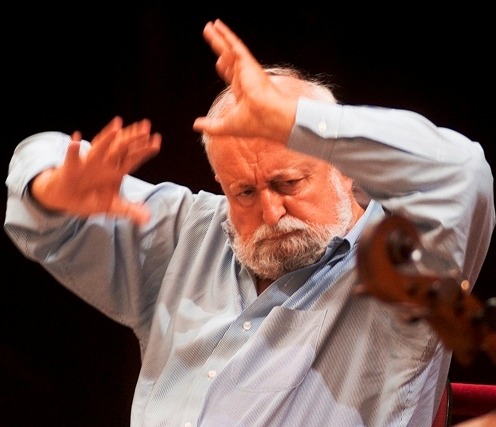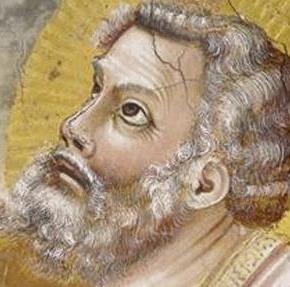
Krzysztof Penderecki
Anon: Credo
Born in Southern Flanders, Nicolas Gombert (1490-1556) served in the court chapel of the Holy Roman Emperor Charles V for almost 15 years. Charles V ruled vast areas of Flanders, Italy, Austria, Germany and Spain, and Gombert traveled widely throughout the emperor’s realm, spreading his highly contrapuntal and harmonically daring musical style across Europe. Charles was a fervent Catholic, who eventually initiated the Council of Trent, and he encouraged Gombert to compose a large variety of masses and motets. In all, 10 masses, 140 motets and about 70 chanson settings survive. Gombert enjoyed composing works for unusually large vocal ensembles, including an independent 8-voice setting of the Nicene Creed.
Nicolas Gombert: Credo

Nicolas Gombert
Wolfgang Amadeus Mozart: “Credo” Mass No. 11 in C Major, K. 257 “Credo Mass”
Krzysztof Penderecki is rightfully considered one of the most versatile, multi-faceted and stylistically diverse composers of modern times. He was raised a devout Roman Catholic, and his personal believes greatly influenced his musical settings. Of particular importance are the liturgical texts of the Roman Catholic Church, and the musical style of Gregorian chant. Despite the official atheism dictated by Communist rule in his native Poland, Penderecki ‘s religious conviction is reflected in such works as the “Polish Requiem” the “Stabat Mater” and the “St. Luke’s Passion.” In 1997/98, the Oregon Bach Festival and its conductor Helmuth Rilling commissioned Penderecki to compose an extended setting of an independent “Credo.” The composition, highly personal and almost symphonic in character, unmistakably reflects the composer’s own spiritual and religious believes.
Krzysztof Penderecki: Credo
Please join me next time when I look at various musical settings of the “Sanctus” (Holy). This hymn, which forms an important part of the Ordinary of the Mass, is the prayer of consecration of the bread and wine.




